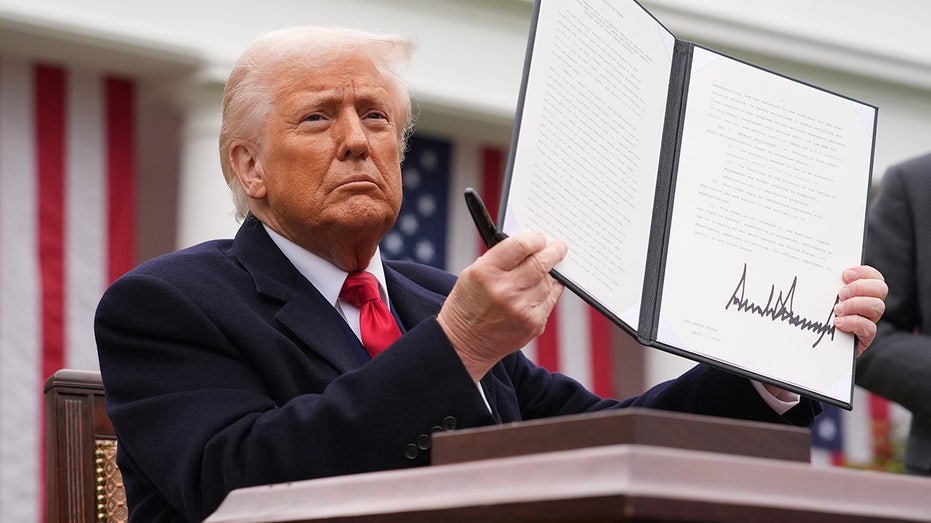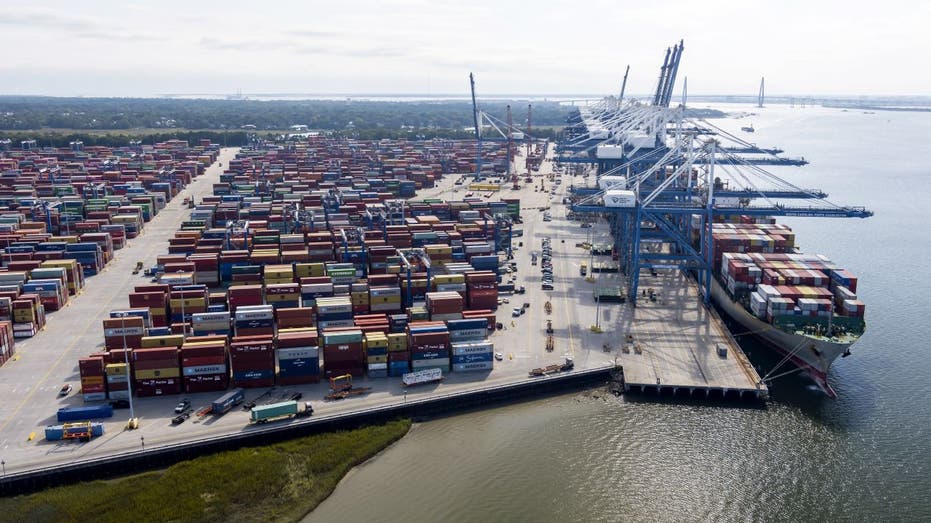Consumer sentiment declined sharply in April as 12-month inflation expectations surged to the highest level since 1981 amid President Donald Trump’s escalating trade war.
The University of Michigan’s Surveys of Consumers on Friday reported that its Consumer Sentiment Index dropped to 50.8 this month from 57 in April, a steeper decline than the 54.5 forecasted by economists polled by Reuters. It marked the fourth straight monthly decline in consumer sentiment.
“This decline was pervasive and unanimous across age, income, education, geographic region and political affiliation,” said Surveys of Consumers Director Joanne Hsu.
“Sentiment has now lost more than 30% since December 2024 amid growing worries about trade war developments that have oscillated over the course of the year. Consumers report multiple warning signs that raise the risk of recession: expectations for business conditions, personal finances, incomes, inflation, and labor markets all continued to deteriorate this month,” Hsu added.
BIG BANKS CEOS WEIGH IN ON TRUMP’S TARIFFS: ‘CONSIDERABLE TURBULENCE’
The report found that the share of consumers expecting to face unemployment in the year ahead increased for the fifth consecutive month. That metric is now more than double the survey’s November 2024 reading and is at its highest level since 2009.
“This lack of labor market confidence lies in sharp contrast to the past several years, when robust spending was supported primarily by strong labor markets and incomes,” Hsu wrote.
FED CHAIR POWELL SAYS TARIFFS LIKELY TO CAUSE INFLATION TO RISE, COULD BE PERSISTENT

Consumers’ year-ahead inflation expectations rose from 5% last month to 6.7% this month, which is the highest reading since 1981 and marks four consecutive months of what the report noted were “unusually large increases of 0.5 percentage points or more.” That increase was seen across all three political affiliations.
Long-run inflation expectations rose from 4.1% in March to 4.4% in April, with the survey noting a particularly large jump among independents surveyed.
WHAT IS THE TIME FRAME FOR TRUMP’S TARIFFS LEADING TO PRICE INCREASES?

The University of Michigan’s survey was conducted between March 25 and April 8.
That means it concluded before Trump’s April 9 announcement of a partial pause in his “reciprocal” tariffs, which were lowered for most trading partners to 10% for 90 days, as well as his increase in tariffs on Chinese goods to 145%. His tariffs on vehicles, auto parts and steel and aluminum remain in effect.
Those tariffs have contributed to several leading economic forecasters hiking the probability of the U.S. economy entering a recession this year.
Reuters contributed to this report.
Read the full article here
















